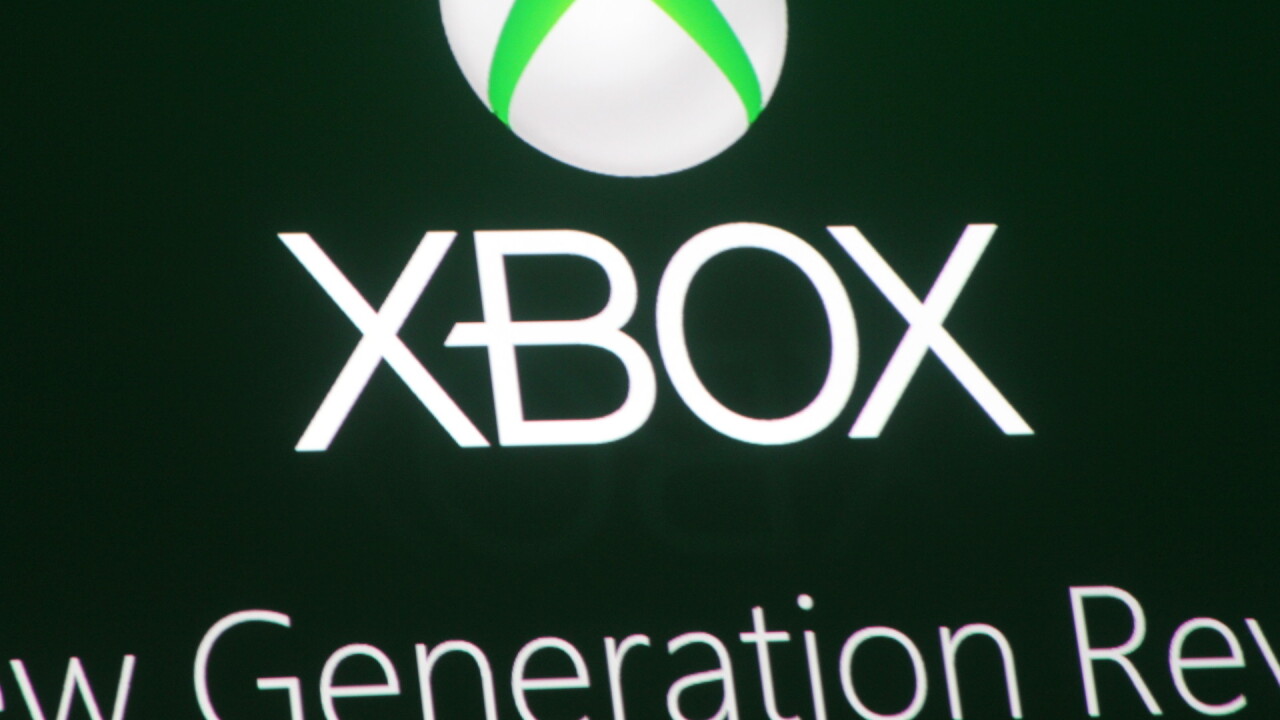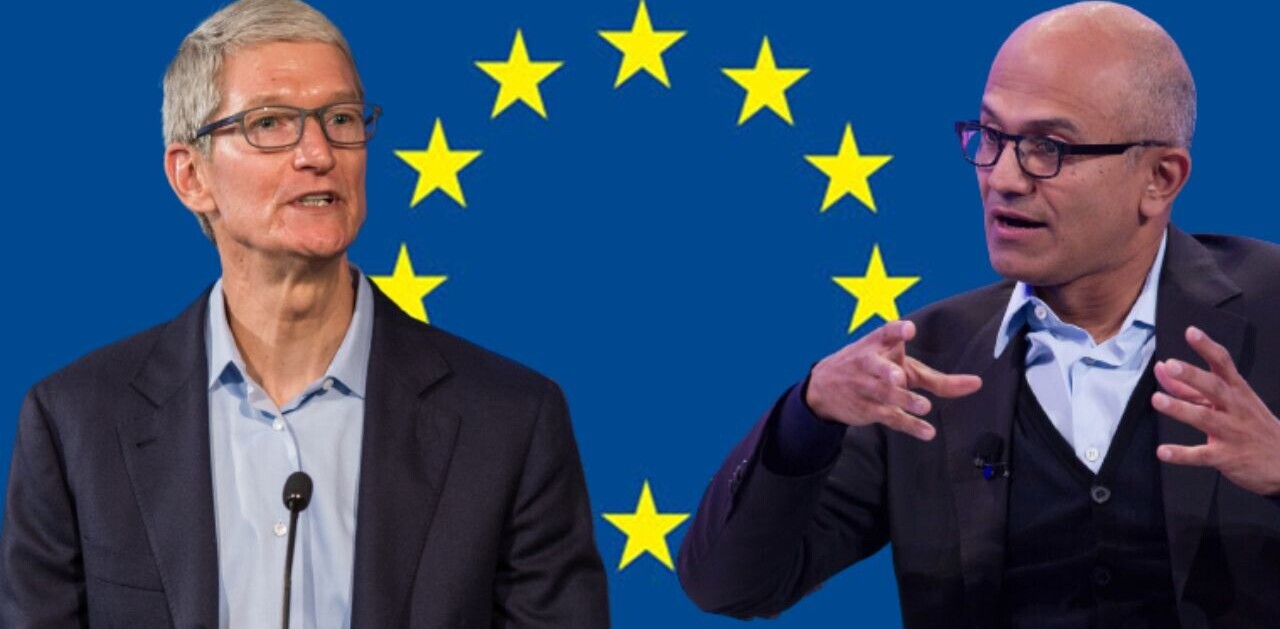
Today, Microsoft has posted a series of articles detailing exactly the way that the Xbox One will handle a permanent internet connection requirement, how it allows users to trade and sell games and exactly how private your Kinect will let your house be. Many of the most titillating and specious rumors about how the Xbox One will handle these tricky situations has been proved false with this post.
Internet Connection
Most of them except the Internet connection requirement that is. That one is still going to raise some eyebrows. The Xbox One will let you play your ‘home console’ for 24 hours without an internet connection, then will require that you log on to continue playing. If you’re logged on to someone else’s console, you’ll have to check every hour. That’s even for single player games.
Microsoft says that this internet connection will allow developers to create ‘massive games in the cloud’, which was one of the big features touted at the launch event. This means that large sections of some games may require a cloud connection to operate as planned. The Xbox One will always be running in a ‘low power’ state in order to automatically download updates when you’re away.
Here’s what Microsoft says are the network requirements for the Xbox One:
- A persistent connection is ‘not required’, but one is if you want to ‘verify if system, application or game updates are needed and to see if you have acquired new games, or resold, traded in, or given your game to a friend.’
- 1.5MB internet connection is recommended
- You can game offline for up to 24 hours on your primary console, or one hour if you are logged on to a separate console accessing your library. Offline gaming is not possible after these prescribed times until you re-establish a connection, but you can still watch live TV and enjoy Blu-ray and DVD movies.
Used games
On the games licensing front, Microsoft says you’ll be able to buy any game you want on day one on disc or in digital format. Disc-based games will get sold through all of the regular outlets, and the online games will be handled by Microsoft. Once you purchase a game, it will sit in Microsoft’s cloud for you to install at any time. Once you install it, it will be on your console, but if you want access to it at a friend’s house, you can log in, download and install it there, without any disc.
One of the big controversies surrounding the Xbox One has been how it will handle used games. This is another very tricky area, because, while Microsoft says that used games will be able to be sold, it also says that it’s up to the publisher to decide whether that’s possible. A publisher that sees no benefit from that used game sale.
“Today, some gamers choose to sell their old disc-based games back for cash and credit,” says the post. “We designed Xbox One so game publishers can enable you to trade in your games at participating retailers. Microsoft does not charge a platform fee to retailers, publishers, or consumers for enabling transfer of these games.”
There’s still one question here with regards to whether publishers will be able to get a slice of those used game sales. That’s carefully stepped around in this statement, as it says ‘can enable you’, and says that Microsoft itself doesn’t charge a fee. Either way, it seems doubtful that they’d agree to used game sales unless they got some benefit from it.
Family sharing
A few more tidbits about how the Xbox One will handle sharing games inside the family were also shared. Namely, you’ll be able to have anyone play the games on your console as long as you’re logged in. No real change there from what’s happened in the past. You can also allow up to 10 members of your family to log in and play from your ‘shared games’ library on the Xbox One.
“Just like today, a family member can play your copy of Forza Motorsport at a friend’s house,” says Microsoft. “Only now, they will see not just Forza, but all of your shared games. You can always play your games, and any one of your family members can be playing from your shared library at a given time.”
However, there is some weird behavior around ‘giving’ games to friends. You can only give a game once to a friend and they have to have been on your list for 30 days and it can only be given out once. No word if that game can then be given by them to someone else freely or not.
The Kinect and Privacy
One of the spinoffs controversies that came out of the Xbox One launch was concerns around whether Kinect was going to invade your privacy. The sensor is required to turn the Xbox on, and it ‘listens’ for your voice to turn itself on.
“By design, you will determine how responsive and personalized your Xbox One is to you and your family during setup,” says Microsoft. “The system will navigate you through key privacy options, like automatic or manual sign in, privacy settings, and clear notifications about how data is used. When Xbox One is on and you’re simply having a conversation in your living room, your conversation is not being recorded or uploaded.”
Microsoft also says that you can turn your Kinect sensor completely off as well. When the system is off, it’s only listening for a single ‘Xbox On’ voice command, though common sense says that means it’s ‘listening’ to everything else as well. But you can disable that voice on feature completely, meaning that the Kinect can be powered down in an absolute fashion if you wish. If a game requires Kinect, you’ll have to turn it on.
The new Kinect, which you can read more about here, can also allow games or apps to use data like videos, photos, facial expressions and heart rate, but there are no scenarios in which it will leave the Xbox without ‘explicit permission’.
Microsoft provides a couple of scenarios that you might see as uses of this info by games:
- A fitness game could measure heart rate data to provide you with improved feedback on your workout, allow you to track your progress, or even measure calories burned.
- A card game could allow you to bluff your virtual opponent using your facial expressions.
Microsoft also notes that you can use regular controllers while Kinect is ‘paused’.
The Future
Even though some folks have jumped on today’s news with a negative take, I’m not sure how you can classify today’s Xbox One news as ‘all bad’. The world is so, so different than in 2005. Of course games will be too. There are some interesting concepts here around full cloud libraries of games, giving games away without having to have a disc to give and letting a bunch of family members access your games cloud. The ‘always on’ stuff is probably the least of all of the issues as well, as most modern devices of any type require an internet connection to play games these days.
There are still some holes though, especially when it comes to whether there will be any fees associated with used games, either imposed by the publisher or by the retailer. Either way, those will impact used game prices negatively. And there’s still the question of whether most publishers will opt into a practice that’s actively removing money from their wallets. Yes, not everyone who buys a used game would have bought it new, so that will be lost revenue. But publishers might figure that it’s worth not helping those folks out to see if it gains more by selling an increased percentage of new copies.
So, going into E3, still some questions but a lot more answers. We’ll have coverage of the Sony and Microsoft announcements at the show next week so look out for that.
Get the TNW newsletter
Get the most important tech news in your inbox each week.





